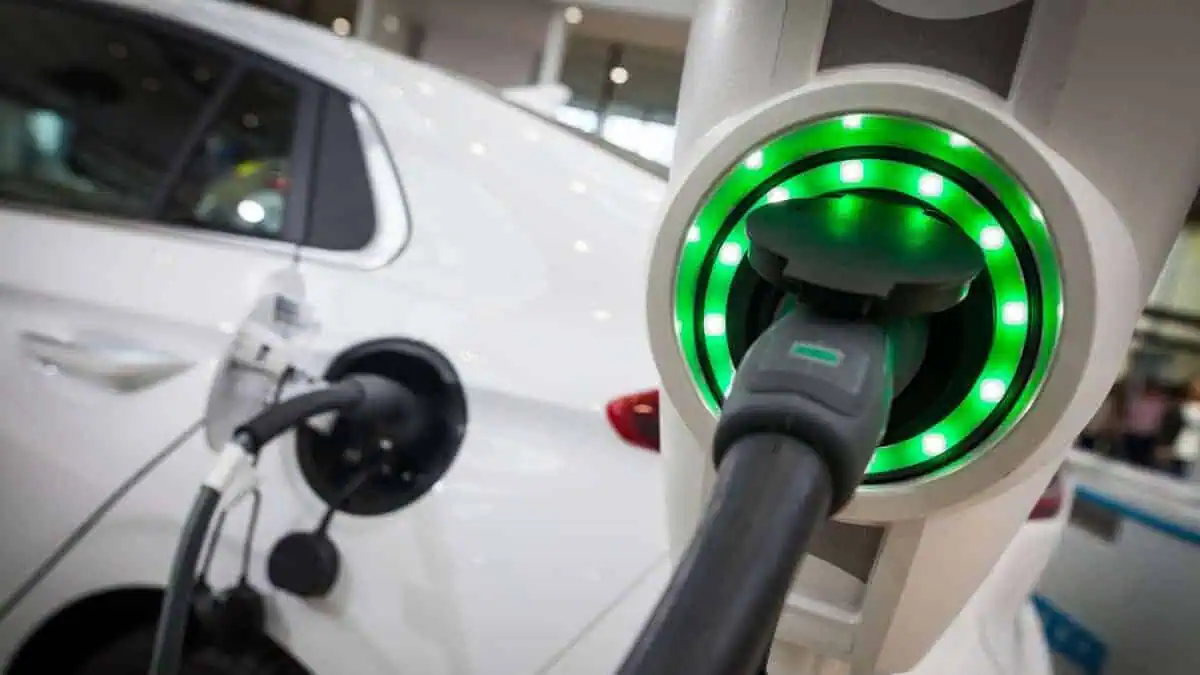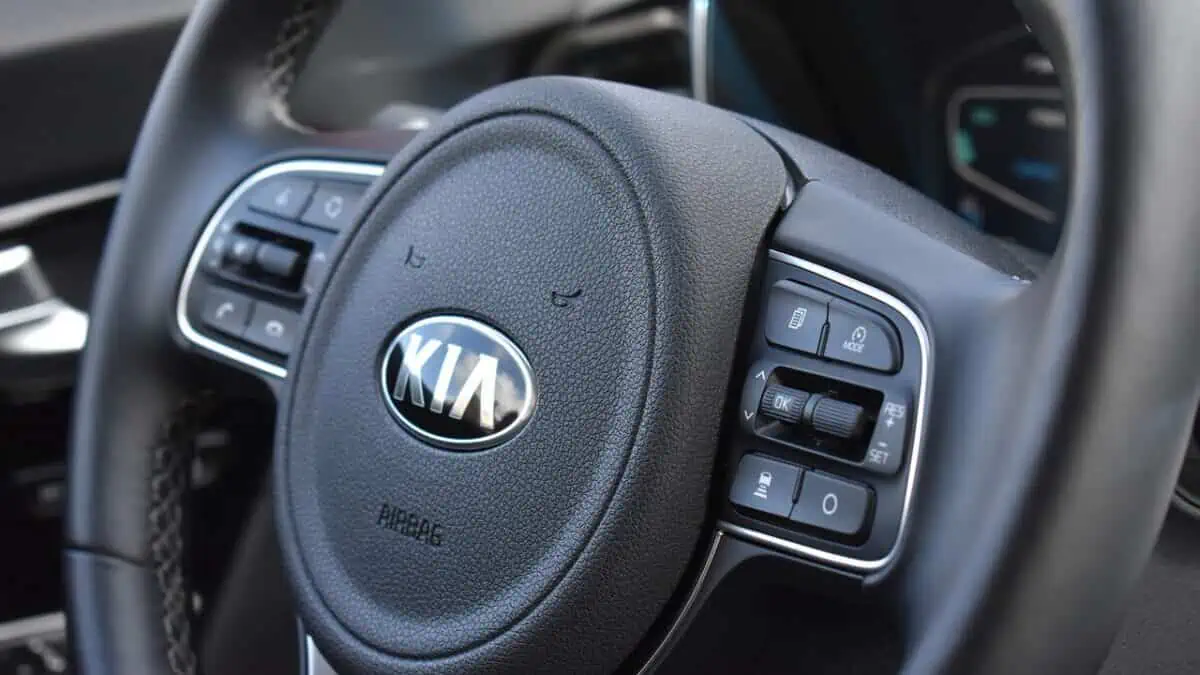On February 14, the European Parliament approved a ban on new sales of internal combustion engine (ICE) vehicles by 2035, as it aims to cut carbon emissions generated by the transportation sector.
Notably, the Strasbourg assembly approved the law by a vote of 340 to 279, with 21 abstentions.
Despite opposition from the parliament’s largest group of conservative MEPs, EU members have already approved the legislation. That said, the ban will now be officially implemented as a law.
EU to become climate neutral economy
The bill supporters argued that it would provide European automakers with a clear timeline for their electrification targets.
They further believe the bill will solidify the EU’s target to become a “climate neutral” economy with net-zero greenhouse gas emissions by 2050.
For context, cars currently account for approximately 15% of total CO2 emissions in the EU. Meanwhile, overall transportation accounts for roughly a quarter.
Frans Timmerman, EU Vice President, even warned MEPs.
“Let me remind you that between last year and the end of this year, China will bring 80 models of electric cars to the international market.”
EU Vice President Frans Timmermans
Oppositions’ perspective
China targets 50% of its new car sales to be new energy vehicles by 2035. It may be electric, plug-in hybrid, or fuel cell hydrogen vehicles.
“These are good cars. These are cars that will be more and more affordable, and we need to compete with them. We don’t want to give up this essential industry to outsiders.”
EU Vice President Frans Timmermans
As expected, the opposition looked at a different perspective, claiming that the auto industry cannot handle such a drastic reduction in ICE vehicles. They further argued that hundreds of thousands of employees are at risk.
“Our proposal is to let the market decide what technology is our best to reach our goals.”
MEP Jens Gieseke, Center-right European People’s Party member
12% of EU’s new vehicles sold are electric
Gieseke also voiced out that the soaring energy costs crisis had yielded discussions from Green and socialist MEPs about EVs’ cost-effectiveness to be “null and void.”
“In Germany, 600,000 people work on ICE production. Those jobs are at risk.”
MEP Jens Gieseke, Center-right European People’s Party member
That said, Gieseke advised the European Commission to also reconsider initiatives in extending the ban to trucks and buses.
Opponents also claim that Europe’s competitors, such as the United States, manufacture EV batteries abroad. However, Timmermans claims that EU-backed investment will boost European production.
Currently, around 12% of new vehicles sold in the European Union are electric. Customers are moving away from CO2-emitting models as energy costs rise and greener traffic regulations become more stringent.
On Tuesday, the European Commission also announced plans to replace urban buses in the EU with NEVs by 2030 and cut carbon emissions from new trucks sold beginning in 2040 by 90%.






